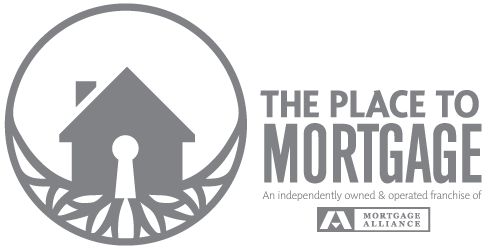Tips to Improve Your Credit Score
What’s a good credit score? How do you improve your score? If you are applying for a mortgage now or in the future, you’ll want to try to have the best credit score possible. We have some tips to help you improve your score. 👍
What is a credit score?
A credit score is the rating that lenders use to assess the risk of lending out money. If you have applied for a mortgage or a car loan, the lender will look at your credit score.
Lenders want to know how you have handled your credit in the past in order to determine how you will handle it in the future.
Credit scores are calculated using information from your credit report, which includes your payment history, amount of debt and the length of your credit history.
Who determines the score?
There are two main credit bureaus in Canada – Equifax and TransUnion. These are private companies that keep track of how you use your credit, and they gather the information from lenders like banks, collection agencies and credit card issuers.
What is a good score?
The credit score range is anywhere between 300 – 900. The higher the score, the better.
- Excellent: 760 and above
- Very good: 725 to 759
- Good: 660 to 724
Five Tips to improve your credit score
- Pay your bills on time. Delinquent payments and collections can have a major negative impact on your score.
- Keep balances low on credit cards. High outstanding debt can affect a credit score. A good rule of thumb is to keep all balances under 35% of your available limit.
- Do not apply for credit too often. Too many lenders asking about your credit in a short period can lower your credit score.
- Pay off debt as quickly as possible. The most effective way to improve your credit score in this area is by paying down your revolving credit.
- Set up a plan to manage your debt. If you are having trouble making ends meet, contact your creditors, or see a legitimate credit counselor.
Other things to consider
Monitor Your Payment History
- If you have missed payments, get current and stay current. The longer you pay your bills on time, the better your credit score. (Hint: if you are short of funds, ask for an extension on bills other than your credit cards. For example, utility companies often do not report unless it moves to collection.)
Use Credit Wisely
- Have credit cards – but manage them responsibly. In general, having credit cards and instalment loans (and paying timely payments) will raise your credit score. Someone with no credit cards, for example, tends to be higher risk than someone who has managed credit cards responsibly.
Limit credit applications or credit checks
- Be careful how many creditors you allow to view credit history. Having your credit history viewed too often within a year can lower your score.
- Note that it’s OK to request and check your own credit report. If you order your own credit report directly from the credit reporting agency or through an organization authorized to provide credit reports to consumers it will not impact your score.
How we can help
Your credit score determines what loans you qualify for and the interest rate you will pay. The higher your credit score, the easier it will be for you to qualify for credit.
As your mortgage professional, we are always looking for ways to go above and beyond for our clients. Even if you have a poor credit score, we have access to lenders who might suit your situation.
Read More
The Place To Mortgage: Improving Your Credit Score
Government of Canada: Improve Your Credit Score



